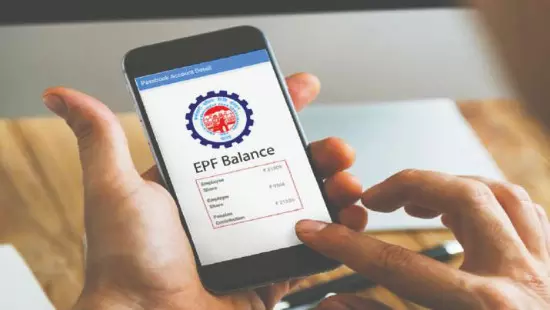Centre plans overhaul of EPFO rules to allow greater withdrawal flexibility

New Delhi: The government is considering significant changes to the rules governing the Employees’ Provident Fund Organisation (EPFO), aiming to provide members with greater flexibility in accessing their savings, according to a report by Moneycontrol.
Officials familiar with the matter said discussions are underway to ease restrictions on withdrawals for purposes such as housing, marriage, and education. While no deadline has been set, the proposed reforms could be rolled out within a year. “We don’t want to put restrictions for the members. It’s their money, and they should have the freedom to manage their fund according to their needs,” one senior official said, requesting anonymity.
Currently, subscribers are permitted to withdraw the full corpus only upon reaching the age of 58 or after two months of unemployment. Partial withdrawals are allowed, but under tightly defined conditions. For instance, after completing seven years of service, a member can take out up to 50 per cent of their own contribution plus accrued interest for marriage-related expenses—either for themselves, their children, or siblings.
In the case of housing, the permissible withdrawal goes up to 90 per cent of the accumulated balance, provided the member has completed at least three years of service. The property must be registered in the name of the subscriber, their spouse, or jointly held. Similarly, for education purposes, withdrawals of up to 50 per cent of contributions and interest are allowed, but only after seven years of service and only for children’s post-matriculation studies.
The latest deliberations follow earlier reports from July indicating that the Centre was studying a proposal to allow complete or partial withdrawals once every 10 years. “Every 10 years, there would be some addition to the accumulated corpus of each and every EPFO member. They should decide what they need to do,” another official had explained at the time. Policy experts note that loosening the rules could offer timely relief, particularly for low and middle-income subscribers who frequently face immediate financial needs.



